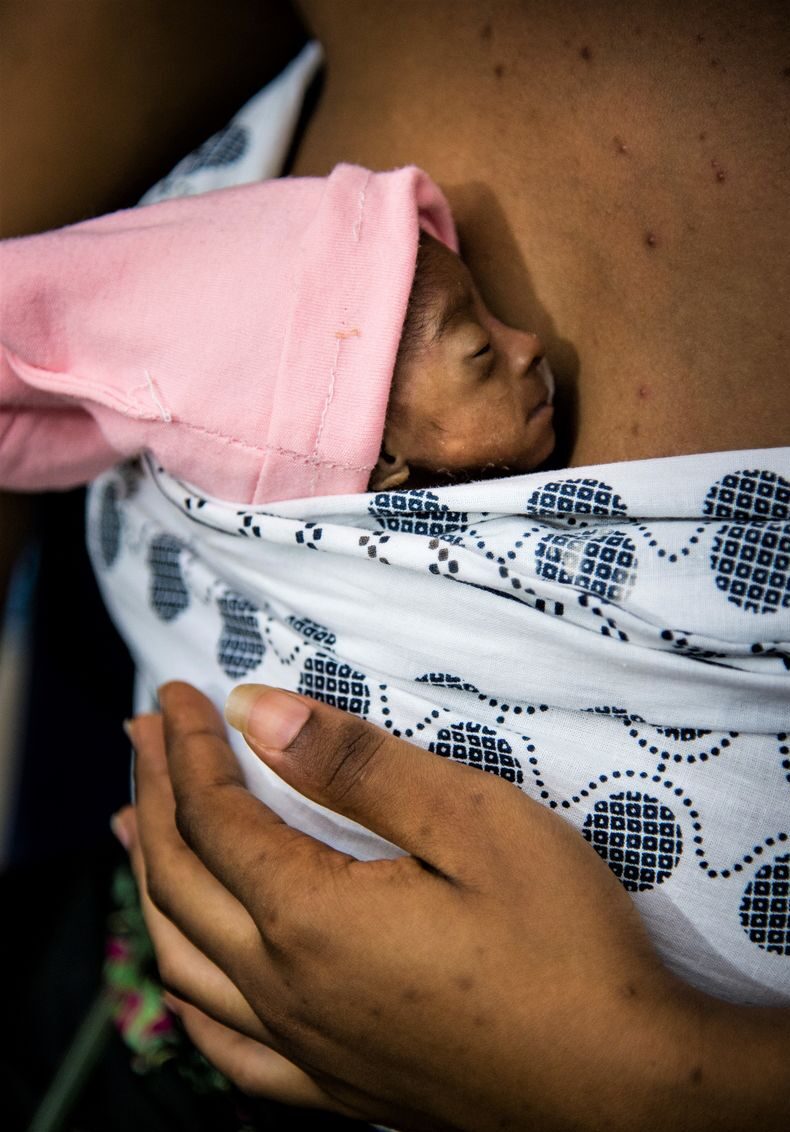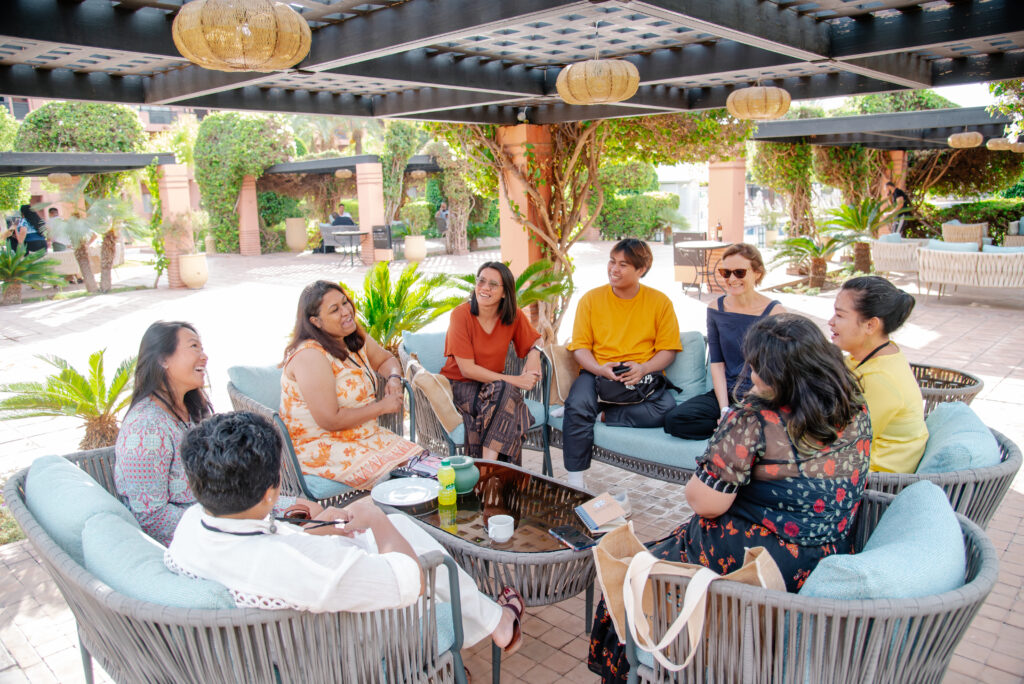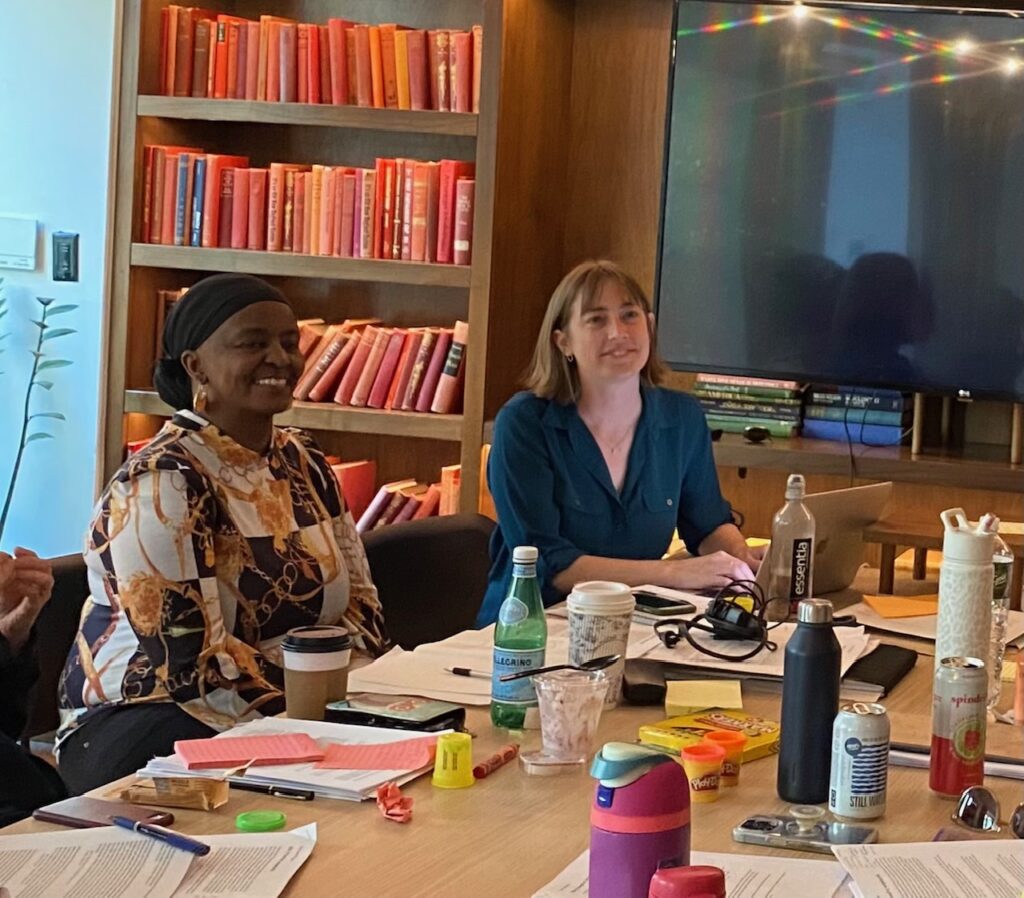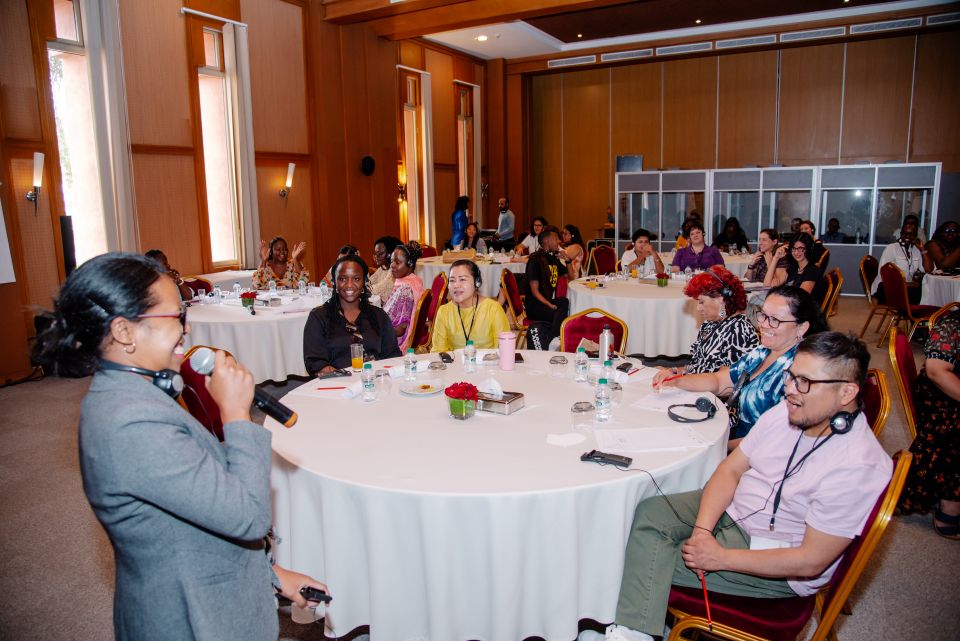Miracles in Small Places: Saving New Lives

Ghana’s Ashanti region, rich in culture, history, tourism, minerals and agriculture, has suffered a staggeringly high neonatal mortality rate for many, many years. So how did WomenStrong Consortium Member Women’s Health to Wealth, a small, new non-profit in Kumasi, the Ashanti capital, manage to bring down the neonatal mortality rate by 70 percent in under a decade?
The short answer: With great leadership, expertise, ingenuity, education, engagement, and patience.
By forging strategic international partnerships in the course of that decade – with Columbia University, leading Israeli neonatologists at Ben Gurion University, the South African inventors of Kangaroo Mother Care, the London-based International Society of Ultrasound in Obstetrics and Gynecology, Siemens, the American Academy of Pediatrics, the non-profit AmeriCares, Johnson & Johnson — Women’s Health to Wealth Director and lifelong public health expert Abenaa Akuamoa-Boateng, in partnership with the Ghana Health Service and WomenStrong International, has reduced newborn mortality across Ashanti from 53 to 16 percent.
Sometimes it takes such a global village to solve tough problems.
Training was key — in how to conduct prenatal ultrasound, revive asphyxiating newborns, run a neonatal intensive care unit, treat healthy infants with mild ailments at lower cost, make timely referrals. Such training helped new mothers nurse, keep their low-birthweight babies warm on their breasts, and practice family hygiene and nutrition. Outreach was imperative, to midwives, public health workers, mothers, and community leaders. Follow-on check-ins, reporting, and accountability, too, have been critical to measuring impact and learning from mistakes.
Moreover, by equipping local public health facilities with the requisite drugs to stop post-partum hemorrhaging and with a blood bank and technician, enabling them to conduct emergency cesareans, Akuamoa-Boateng and Women’s Health to Wealth also have dramatically lowered local maternal mortality. Akuamoa-Boateng has been recognized nationally for these remarkable outcomes, and is now advising Ghana’s Ministry of Health in scaling her successes nationwide.
Across the Atlantic, in the mountains hugging Haiti’s northern seaside town of Borgne, WomenStrong International and our local Consortium Member H.O.P.E. began by educating young women in the importance of good nutrition and prenatal visits, delivering their babies for free with the help of medical practitioners at the hospital in town (rather than for a charge, by the voodoo doctor in his mountain hut). H.O.P.E. works with women, planning with them so they can get down from the mountains in time to deliver safely. We also built an operating theatre and hired a surgical team for the hospital, so that babies can now be delivered safely by emergency cesarean there, for the very first time.
Further afield, in Madurai, India, WomenStrong Consortium Member DHAN Foundation starts even earlier, by carrying out mobile testing of young girls for anemia, so that they can grow to become healthy adolescents and young women, dramatically increasing their prospects and those of their children-in-waiting. DHAN staff and program participants have also raised funds for, advocated for, and built a community hospital staffed by public health servants, where women can attend prenatal clinics and can deliver their babies safely. And DHAN’s group savings programs make it possible for new participants to purchase government health insurance, lowering their health care costs almost to zero.
Our three WomenStrong programs focused on reducing neonatal and maternal mortality may seem very different, one from the other, but the local contexts, local needs, and local starting points are all quite different, as well. WomenStrong, and all our Consortium Members, start by listening to the women’s needs, in response to which they develop tailored, smart, and compellingly effective solutions that are sensitive to the local structural, political, cultural, and economic environments. Any other approach — imposing some top-down strategy, applying lessons learned elsewhere — is likely to be less effective, efficient, and sustainable.
This is less difficult than it sounds: in any given setting, those who know best just need to think through what it takes to deliver a baby safely, sparing the mother. To make this happen in such severely under-resourced, often invisible settings gives new life to the term, “bottom-up development.”




